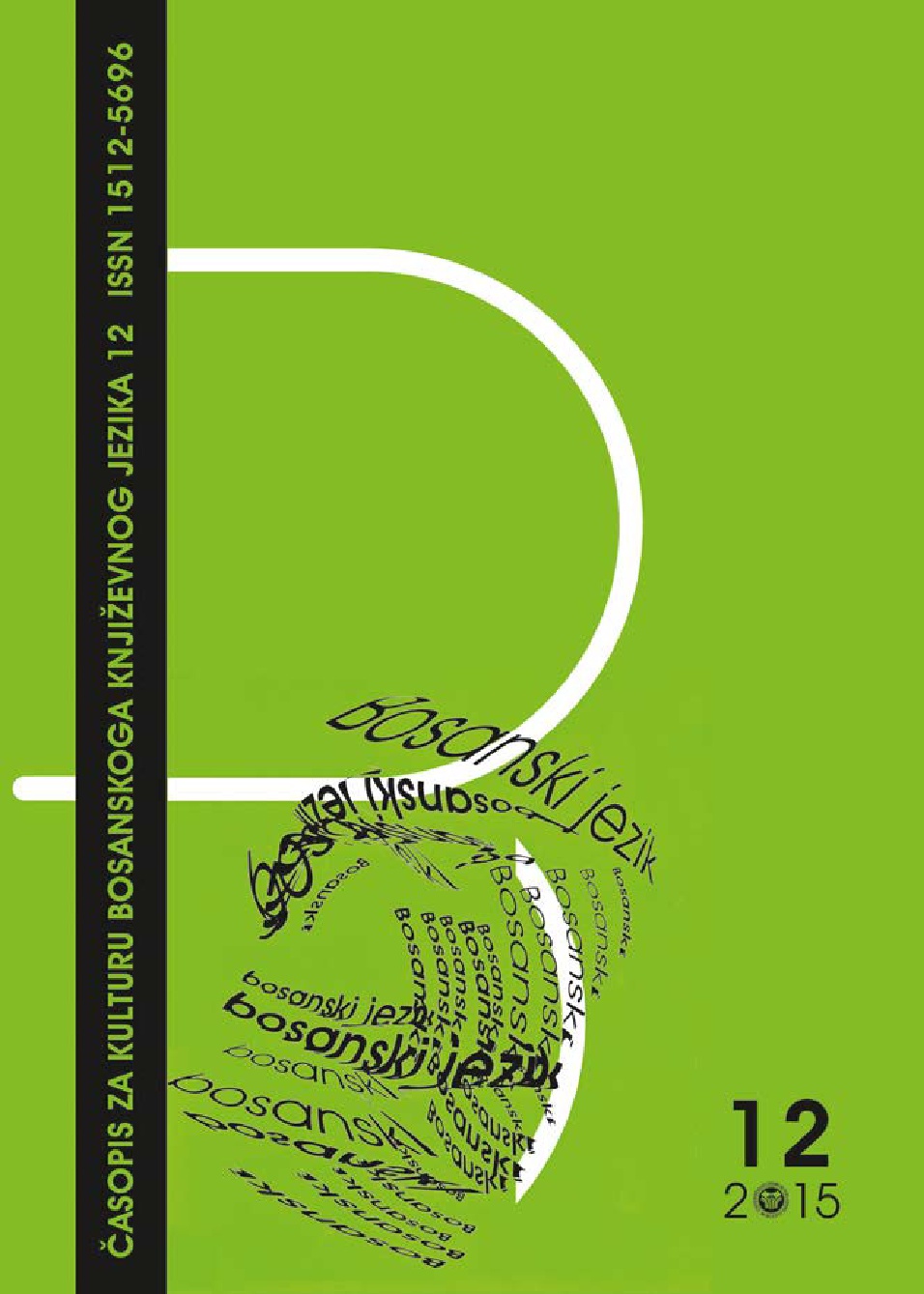Uloga kognitivne lingvistike u prevođenju metafora: emocija sreće
The Role of Cognitive Linguistics in Metaphor Translation: Emotion of Happiness
Author(s): Tanja Pavlović, Jasmina HanićSubject(s): Semantics, Cognitive linguistics, Translation Studies
Published by: Filozofski fakultet Univerziteta u Tuzli
Keywords: metaphor; metaphorical expression; translation; source language; target language;
Summary/Abstract: The paper analyses cognitive linguistic principles in translating emotion-related metaphorical expressions. Cognitive linguistics defines metaphor as understanding one conceptual domain (usually abstract) in terms of another (more concrete) domain. Since emotions are abstract concepts, metaphor has an extremely significant role in their understanding and conceptualizing which results in metaphor being omnipresent in everyday communication. Translating metaphors is a considerable challenge, taking into consideration the fact that it includes both linguistic and extra-linguistic elements. Due to its complexity, translating metaphorical expressions can cause potential difficulties that can be overcome by certain strategies and methods. The analysis deals with the transfer of meaning of metaphorical expressions from one language into another, emphasizing source language influence on translator.
Journal: Bosanski jezik
- Issue Year: 2015
- Issue No: 12
- Page Range: 39-48
- Page Count: 10
- Language: Bosnian

